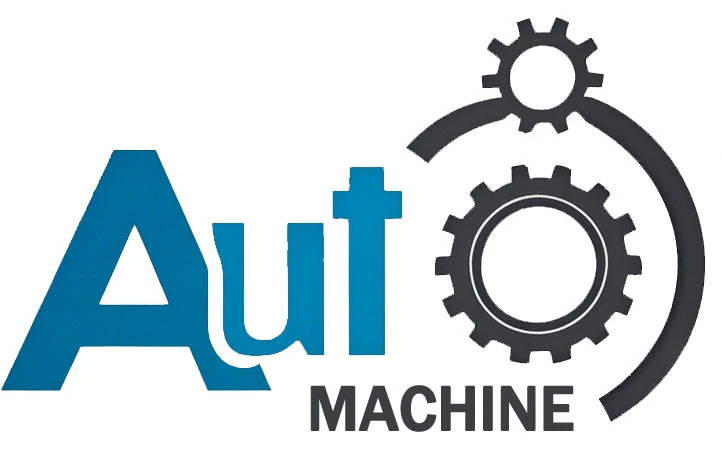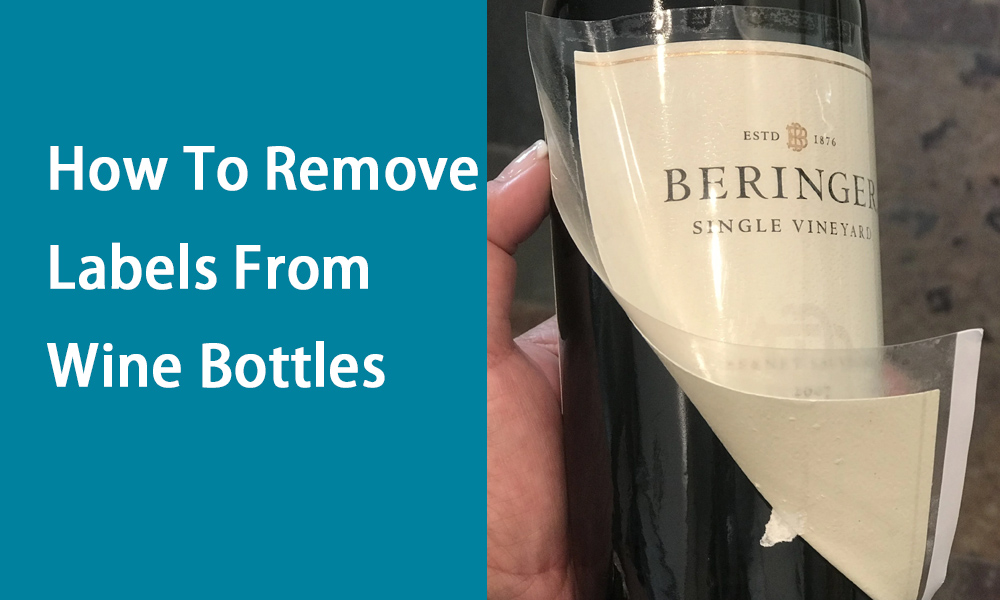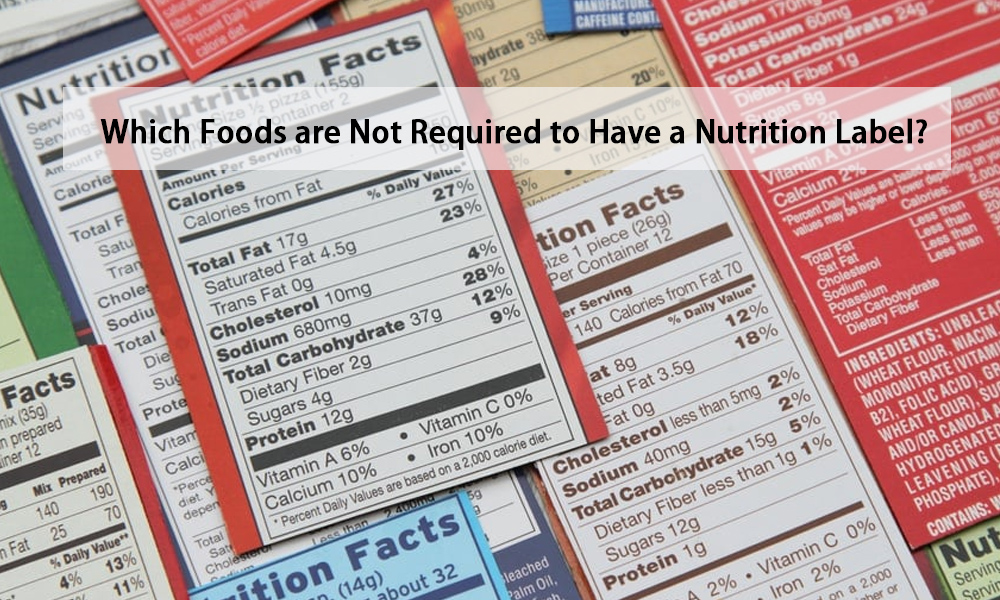Labeling machines are a vital part of many packaging lines, especially for businesses in the food and beverage, cosmetics, and consumer goods industries. Among them, cup labeling machines play a unique role in applying labels quickly, accurately, and cleanly on cylindrical or tapered cup surfaces made of plastic, paper, or metal.
If you’re looking to upgrade your labeling process in 2025 or just getting started, this guide will walk you through everything you need to know about choosing the right cup labeling machine. We’ll explain how they work, the main types available, how to match one to your production needs, and what to watch out for before buying.
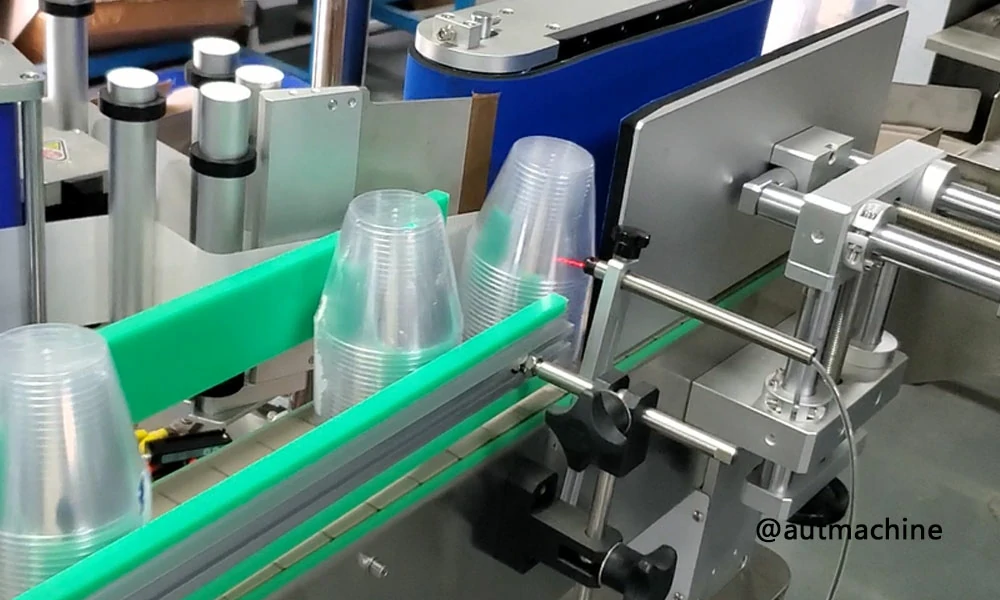
What Is a Cup Labeling Machine?
A cup labeling machine is a specialized device used to apply self-adhesive labels onto the sides or bottoms of cups. These machines are designed to handle round, oval, and sometimes conical-shaped containers. The labels can carry branding, barcodes, nutritional information, expiration dates, and more.
In 2025, modern machines offer automation, accuracy, and high-speed performance. They often include sensor-based adjustments, programmable control panels, and integration options for smart factories.
Why Labeling Cups Is Important
Labeling does much more than help products look attractive on a shelf. A cup label delivers vital information to customers and helps with compliance in regulated markets. It ensures that:
- The brand name is easily visible.
- The contents of the cup are clearly identified.
- Customers can read manufacturing and expiry dates.
- Retailers and logistics teams can scan barcodes for inventory tracking.
Moreover, clean and aligned labeling can influence buying decisions, especially in competitive markets.
Types of Cup Labeling Machines
Choosing the right type of machine depends on your cup material, size, production speed, and budget. Here are the most common types available:
Semi-Automatic Cup Labeling Machines
These machines require some manual operation. Usually, the operator places the cup into position, and the machine applies the label. Semi-automatic labeling machines are a great choice for small businesses or startups with limited production volumes.
Advantages:
- Affordable
- Easy to use and maintain
- Compact in size
Limitations:
- Lower speed
- Requires operator involvement
Fully Automatic Cup Labeling Machines
Fully automatic labeling machines handle the entire labeling process — from feeding cups into the machine to applying the label and discharging the labeled product. These machines are suited for high-speed production environments and can operate continuously.
Advantages:
- High speed and consistency
- Minimal human intervention
- Can integrate with other automation systems
Limitations:
- Higher cost
- Requires setup and training
Wrap-Around Labeling Machines
This category is ideal for cylindrical cups where the label wraps fully around the body. Wrap-around labelers ensure a seamless finish and are used frequently for drink cups and yogurt containers.
Top or Bottom Labeling Machines
In some cases, labels need to go on the lid or the bottom of the cup (e.g., expiration dates, manufacturing batch numbers). These machines are specialized for such purposes and are often used as secondary labelers in production lines.
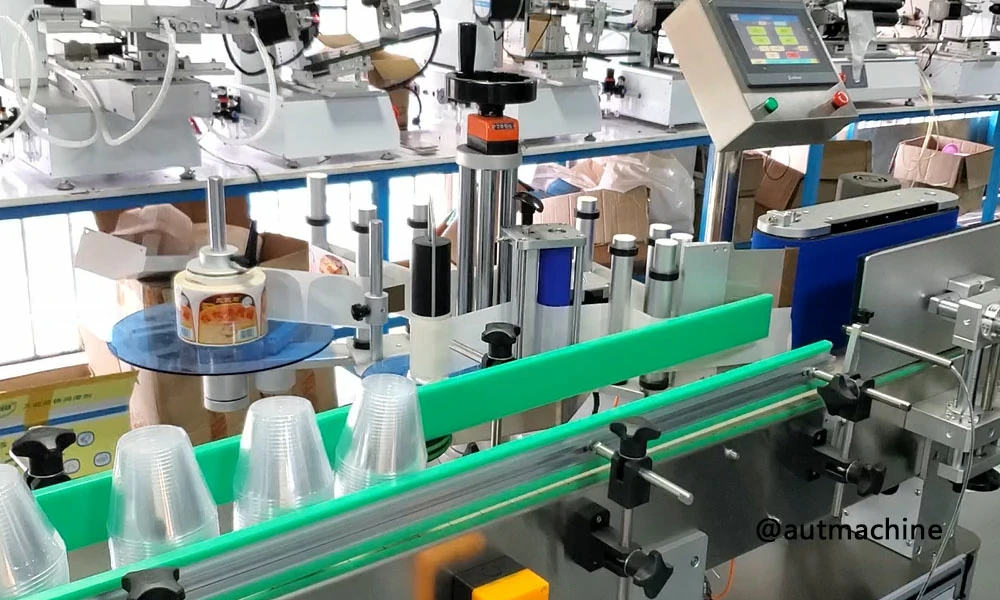
Key Considerations When Buying a Cup Labeling Machine
Not all cup labeling machines will suit your specific needs. Before you make a decision, take the following factors into account:
Type and Shape of Cups
The shape and material of the cups matter greatly. Labeling a round plastic cup differs from labeling a square paper cup. Machines designed for a specific shape often produce better results.
- Are your cups made of plastic, paper, or metal?
- What cup sizes and shapes do you use?
- Do you require labeling on curved or flat surfaces?
Many modern machines come with adjustable settings or interchangeable parts to accommodate various cup shapes. However, if your production involves a wide variety of cup designs, consider a versatile machine.
Machine Automation and Integration
Automation can improve efficiency and reduce labor costs. Some cup labeling machines are fully automatic, including feeding cups, applying labels, and stacking finished products. Others are semi-automatic and require manual loading or unloading.
Automation adds to the initial cost but often results in long-term savings and higher output.
Speed Requirements
The speed of a labeling machine affects overall productivity. Large manufacturers need machines that label thousands of cups per hour, while smaller businesses may prioritize flexibility over speed. When choosing, ask yourself:
- How many cups do I need to label per hour or day?
- Do I expect production to increase in the near future?
- Is consistent labeling speed a priority, or can I accept some variation?
If you are labeling hundreds or thousands of cups per hour, you’ll need a fully automatic system. On the other hand, for short runs or small batches, a semi-automatic machine may be more cost-effective.
Production Environment
Machines must suit the environment they’re used in. For example, wet or cold environments (like dairy product packaging) may require waterproof or stainless steel designs.
Budget
Costs can vary widely based on automation level, brand, and features. Be realistic about your current production needs and growth potential when investing in equipment.
Advantages of Cup Labeling Machine
Smart Sensor Integration
Modern cup labeling machines come with sensors that detect cup positions, label alignment, and even the speed of the conveyor. These sensors help reduce label waste and improve accuracy.
User-Friendly Touchscreen Interface
Machines now feature digital control panels with touchscreen displays. These allow operators to change settings, run diagnostics, and switch between product types more easily.
Servo Motor Drives
Servo-driven systems ensure precision and repeatability. This is especially important when applying labels to cups with tapered shapes or curves.
Quick Changeover Designs
If you’re labeling multiple cup sizes or shapes, fast changeover capability can save time and increase productivity. Some machines use tool-less adjustment mechanisms to make this easier.
Compact Footprint
Factories and workshops are often limited in space. The latest designs are compact and modular, allowing them to fit easily into existing production lines.
Application of Cup Labeling Machines
Businesses across various sectors rely on cup labeling machines:
- Dairy industry: Yogurt, pudding, and sour cream containers
- Beverage companies: Cold drinks, juices, bubble tea cups
- Food packaging: Ready-to-eat meals and sauces
- Retail and cosmetics: Creams, scrubs, and sample containers
- Promotional items: Event cups and branded giveaways
If you’re in any of these industries, your labeling solution must align with your compliance, design, and volume needs.
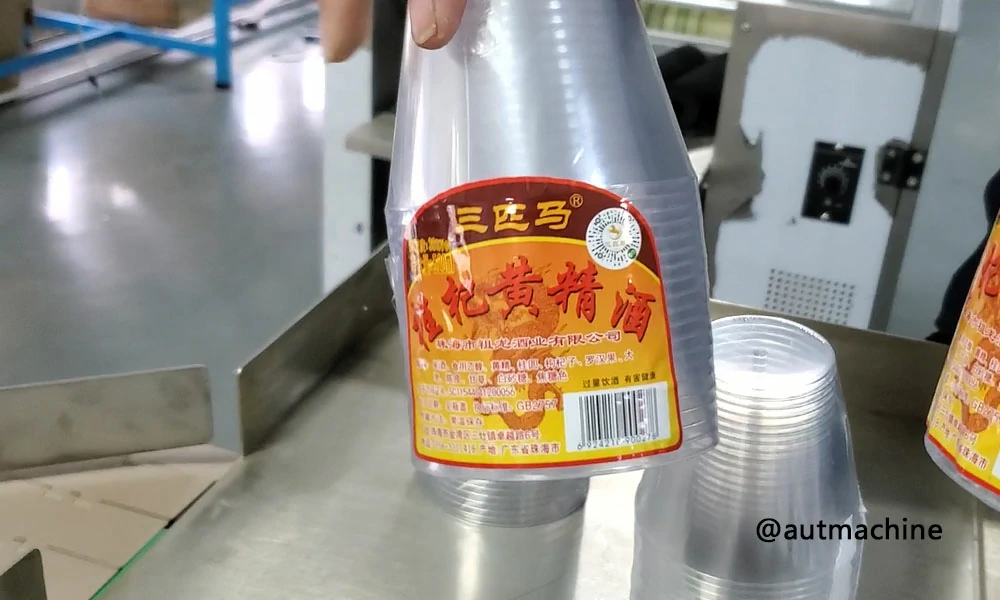
How to Maintain a Cup Labeling Machine
A labeling machine is an investment, and like any equipment, it needs regular care to perform at its best.
Clean Regularly
Keep the rollers, label sensors, and cup-holding areas free of dust and adhesive residue. Regular cleaning avoids misalignment and poor label sticking.
Calibrate Frequently
Labeling accuracy can drift over time. Most machines have built-in calibration functions — use them regularly to ensure consistency.
Check for Wear
Belts, rollers, and sensors can wear down over time. Set a preventive maintenance schedule to inspect these parts.
Train Your Team
Even the best machine can fail if not used properly. Ensure your operators are trained to use the control system and troubleshoot minor issues.
Price of the Cup Labeling Machine in 2025
Below are some of the most popular cup labeling machines for different budgets and volumes. Take the labeling machine produced by AUTmachine as an example:
| Type | Speed | Accuracy | Price Range |
|---|---|---|---|
| Semi-Automatic | 15–30 cups/min | +/- 0.5mm | $1000–$3000 |
| Wrap-Around | 30–120 cups/min | +/- 1mm | $5000–$9000 |
| Fully Automatic | 80–300 cups/min | +/- 1mm | $7000–$15000 |
| Top/Bottom | 60–100 cups/min | +/- 1.0mm | $3000–$7000 |
Should You Buy a Cup Labeling Machine Locally or Import It?
In 2025, both local and international manufacturers offer excellent machines. However, here are some points to consider:
- Local suppliers offer faster support, quicker spare parts availability, and ease of communication.
- International brands may offer lower prices or more advanced features but could take longer to deliver and support.
A good approach is to request demos or samples from multiple suppliers before making a final choice. AUTmachine delivers high-performance cup labeling machines with full support, precision engineering, and fast response times.
Contact AUTmachine today to schedule a free consultation or request a sample labeling demo. Let us help you find the perfect machine to boost your productivity.
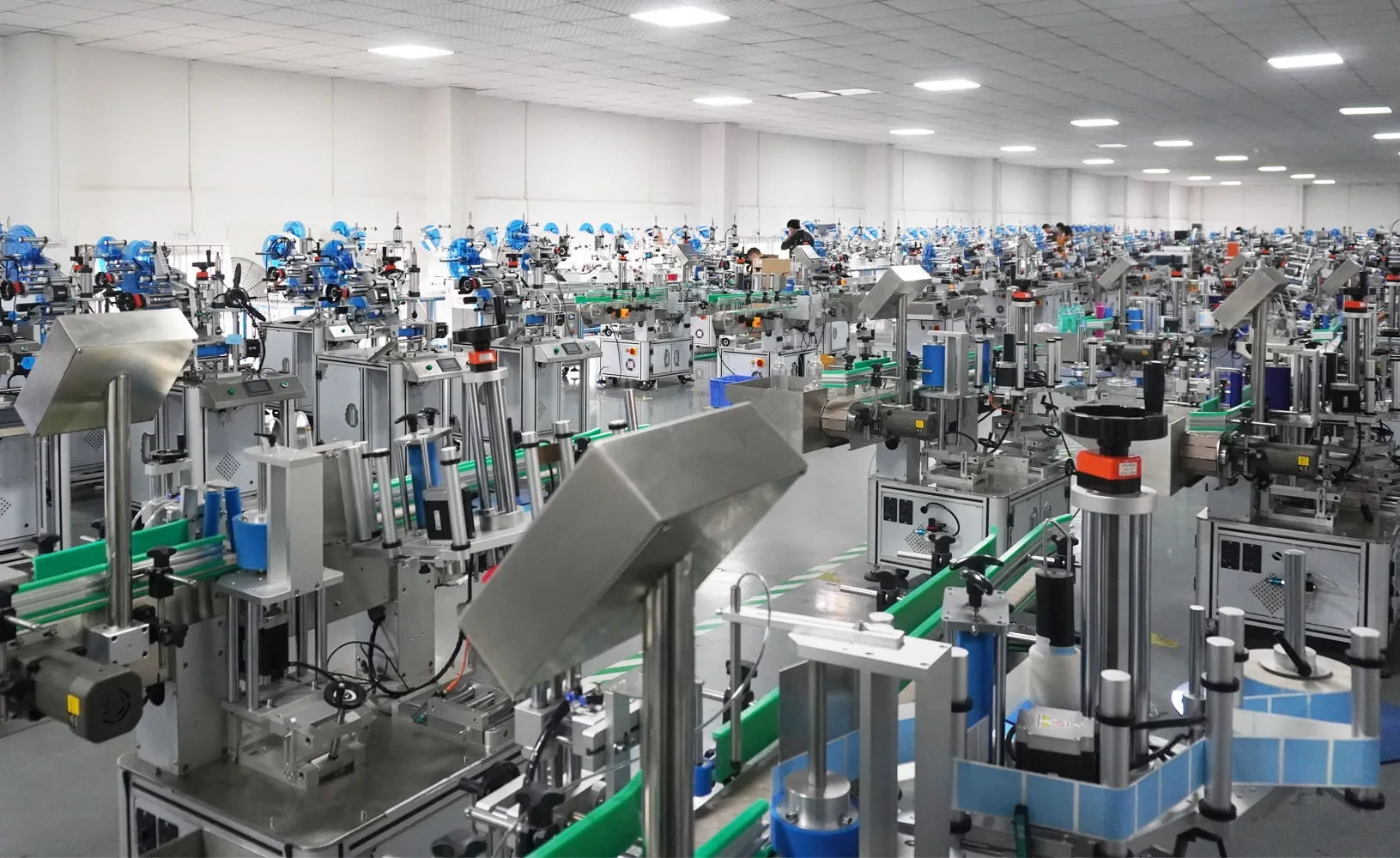
Conclusion
A good cup labeling machine can transform your production line by improving speed, accuracy, and cost efficiency. By following this guide, you can choose the best cup labeling machine in 2025 and ensure consistent, high-quality labeling for every product.
FAQ
Semi-automatic machines can range from $1,000 to $3,000. Fully automatic systems may start at $5,000 and go upwards based on speed and features.
Yes, but you need a sensor designed to detect clear materials — typically an ultrasonic or capacitive sensor.
